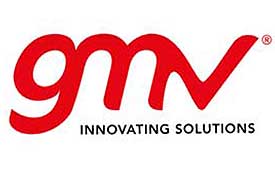GMV supplies a Galileo second-generation RF constellation simulator
The European Space Agency has chosen GMV to deliver the RF constellation simulator (RFCS) for the second generation Galileo (G2G) program.
According to GMV, this is the largest contract of the multinational company in Portugal.
From Portugal, GMV will lead an RFCS consortium covering both the first and second generation Galileo. The first generation Galileo (G1G), operating since December 2016, consists of space infrastructure (currently 26 satellites) and ground infrastructure.
Under the G2G RFCS contract, GMV teams in Portugal and Spain are partners Orolia and Tecobit – will develop an RFCS covering both the Galileo generations and the Galileo Open Service and Public Regulated Service (PRS). RFCS will simulate the progressive implementation of G2G with its new signals and will be key to supporting the development of the G2G infrastructure and the testing of experimental user receivers.
G2G aims to introduce new services, improve existing services and increase system stability. It will also increase security while reducing operational and maintenance.
RFCS will cover user characteristics such as dynamic behavior, signal distortions such as multipath and interference, but also solution hybridization (eg inertial sensors) and signal distortions. It will be designed to ensure flexibility, configurability, modularity and scalability, as well as the sharing of information that needs to be known. To this end, RFCS will be built with consumer-ready products and will follow a software-defined radio approach.
The project is closely linked to other GMS PRS activities identified as strategic to maintain GMV’s European leadership in the Galileo program.


Comments are closed.